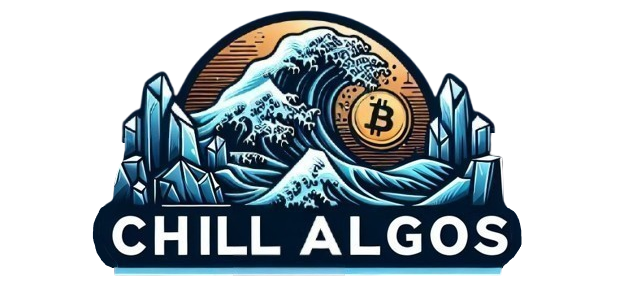As a beginner, taking the first step into coding can seem daunting, but with the right guidance, you’ll be writing your own code in no time. In this guide, we’ll walk you through the basics of coding, explain the different types of programming languages, and provide you with a step-by-step guide on how to get started.
What is Coding?
Coding, also known as computer programming, is the process of writing instructions that a computer can understand and execute. These instructions, called code, are written in a programming language, which is a set of rules and syntax that the computer can interpret.
Why Learn to Code?
Learning to code can open doors to new career opportunities, improve your problem-solving skills, and enhance your creativity. With the increasing demand for digital solutions, coding has become an essential skill in today’s job market.
Types of Programming Languages
There are numerous programming languages, each with its own strengths and weaknesses. Here are some of the most popular programming languages for beginners:
- Python: Known for its simplicity and versatility, Python is a great language for beginners. It’s widely used in web development, data analysis, and artificial intelligence.
- JavaScript: JavaScript is the language of the web, used by most websites for client-side scripting. It’s also popular for mobile and desktop app development.
- HTML/CSS: HTML (Hypertext Markup Language) and CSS (Cascading Style Sheets) are not programming languages but are essential for building websites and web applications.
- Java: Java is an object-oriented language used for Android app development, web development, and enterprise software development.
How to Get Started with Coding
Now that you know the basics, let’s get started with coding!
- Choose a programming language: Select a language that interests you and has good resources available.
- Get the necessary tools: Install a code editor or IDE (Integrated Development Environment) on your computer. Popular choices include Visual Studio Code, Sublime Text, and Atom.
- Learn the basics: Start with basic tutorials and coding exercises. Websites like Codecademy, FreeCodeCamp, and Coursera offer excellent resources for beginners.
- Practice regularly: Practice coding every day, even if it’s just for a few minutes. This will help you develop muscle memory and improve your coding skills.
- Join online communities: Participate in online forums, such as Reddit’s r/learnprogramming, to connect with other coders, get help with coding problems, and stay motivated.
Tips for Learning to Code
Here are some additional tips to help you learn to code effectively:
- Be patient: Learning to code takes time and effort. Don’t get discouraged if you encounter obstacles or struggle to understand certain concepts.
- Find a mentor: Having a mentor can be incredibly helpful. They can provide guidance, answer questions, and offer valuable feedback on your code.
- Work on projects: Apply your coding skills to real-world projects. This will help you retain information better and develop problem-solving skills.
- Stay up-to-date: The coding world is constantly evolving. Stay informed about the latest developments, trends, and best practices.
Conclusion
Learning to code can seem intimidating, but with persistence, patience, and practice, you can become a proficient coder. Remember to choose a programming language that interests you, get the necessary tools, learn the basics, practice regularly, and join online communities. Don’t be afraid to ask for help, and stay motivated by working on projects and celebrating your progress.
Recommendations
- Start with online resources: Websites like Codecademy, FreeCodeCamp, and Coursera offer excellent resources for beginners.
- Invest in a good code editor: A good code editor can make a significant difference in your coding experience.
- Join online communities: Participate in online forums, such as Reddit’s r/learnprogramming, to connect with other coders and stay motivated.
- Work on projects: Apply your coding skills to real-world projects to retain information better and develop problem-solving skills.
- Take online courses: Consider taking online courses or certification programs to improve your coding skills and enhance your career prospects.








